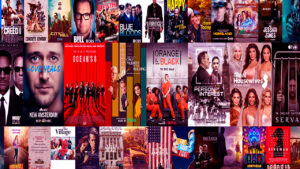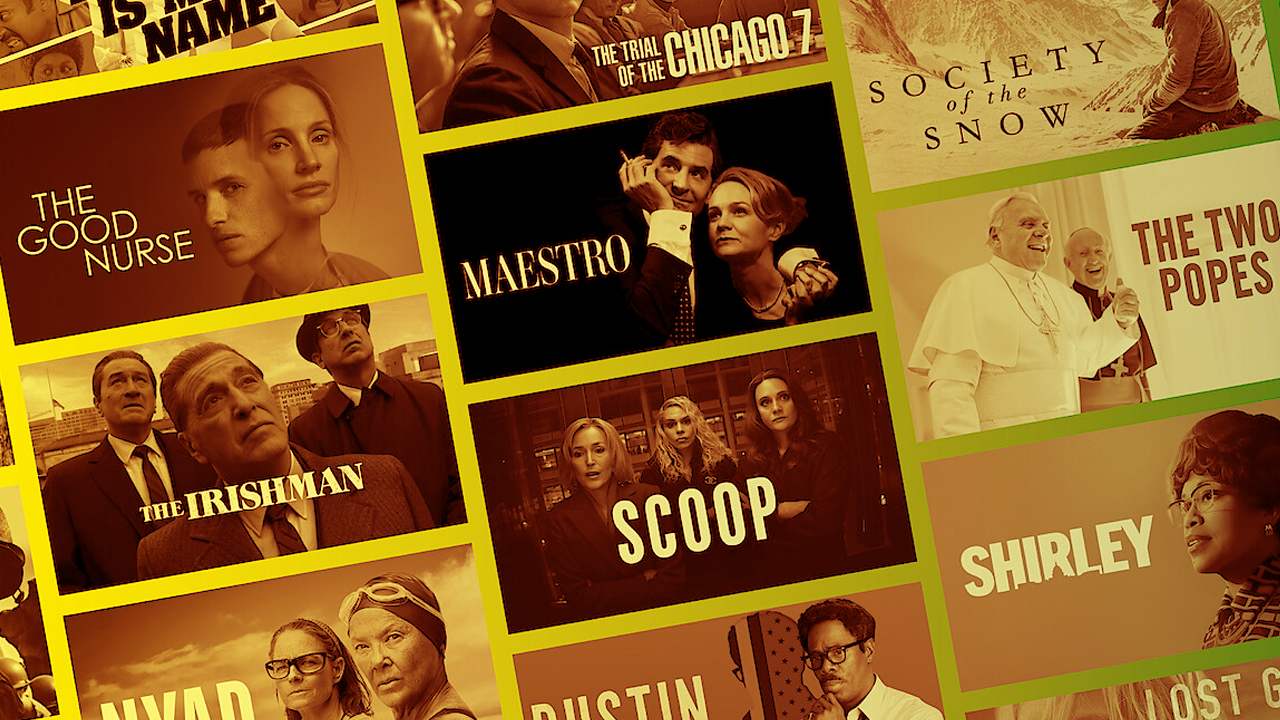The film industry today is brimming with incredible technology—powerful visuals, immersive sound, and stunning graphics make movies more eye-catching than ever. But with all this focus on spectacle, it often feels like something essential is missing: a compelling story. More and more, both audiences and critics are questioning if weak storytelling is part of what’s making so many recent movies feel a little empty.
At its core, storytelling is what draws people into a movie. It’s the glue that holds everything together—characters, emotions, themes—and gives viewers a reason to truly care about what’s happening on screen. In this article, we’ll dive into the importance of storytelling in film, look at why so many movies today might be falling short in this area, and consider ways filmmakers can bring back the magic of great narratives.
The Role of Storytelling in Film

Definition and Significance of Storytelling
Storytelling in movies is all about creating a captivating narrative that ties together scenes, characters, and events into a seamless plot. A strong story unfolds with a clear beginning, middle, and end, complete with conflicts, character growth, and resolutions. It gives viewers something meaningful to hold onto, inviting them to connect emotionally with the film.
Historical Context: Examples of Iconic Films with Strong Narratives
Iconic films have always struck a chord with audiences because of their powerful stories. Take *The Godfather* (1972), for instance—it’s not only memorable for its portrayal of crime and family dynamics but also for its intricate storytelling, layered characters, and moral complexities. Likewise, *Schindler’s List* (1993) resonates deeply for its moving narrative on humanity in the face of hardship. These films show that a compelling story is truly at the heart of unforgettable cinema.
How Storytelling Impacts Viewer Engagement and Satisfaction
A compelling story keeps viewers engaged, enhances emotional responses, and leaves a lasting impression. It’s the key element that makes audiences care about what happens on screen and drives their anticipation to see what comes next. When storytelling is weak or predictable, viewers tend to feel disengaged and are less likely to recommend or rewatch the film.
Causes behind Weak Storytelling in Modern Films

The lack of strong storytelling in modern movies can be attributed to several factors:
Over-reliance on Special Effects
With advanced CGI and high budgets, studios often prioritize spectacle over substance. While impressive visuals can enhance a movie, they rarely make up for a lack of narrative depth. Films that rely heavily on special effects may draw initial crowds but often struggle to maintain lasting appeal.
Formulaic Plots and Lack of Originality
Many films today follow predictable, formulaic plot structures, leading to a sense of sameness and redundancy. The pressure to repeat past successes often stifles originality, with studios opting for familiar plotlines and “safe” choices over unique and daring stories.
Studio Pressures and Commercial Influences
Movies are often shaped by financial pressures and market demands. In many cases, studios prioritize profit over creativity, pressuring filmmakers to produce films that are likely to generate box office success or spawn sequels. This approach can lead to a lack of meaningful storytelling, as directors and writers focus more on what sells than on creating an engaging narrative.
Focus on Franchise and Sequel Models
Franchises and sequels have become dominant in the film industry. While they offer opportunities for world-building, many sequels lack the storytelling depth of their predecessors, focusing instead on nostalgia and fan service. When done poorly, sequels can detract from the original story’s impact, resulting in viewer fatigue and disappointment.
Consequences of Poor Storytelling

When storytelling takes a backseat, it can have several adverse effects:
Decreased Audience Interest and Box Office Performance
Movies with weak narratives may initially attract viewers due to hype or star power, but they often suffer from low repeat viewership. When audiences don’t feel invested in the story, they’re less likely to return for a rewatch or recommend the film, leading to decreased box office success over time.
Poor Critical Reception and Reviews
Critics tend to scrutinize weak storytelling, which often results in negative reviews. With the rise of online reviews and ratings, poor critical reception can impact a film’s long-term success, influencing audiences to skip the movie altogether.
Impact on the Film Industry’s Reputation
An industry saturated with films lacking in storytelling quality can lead to audience disillusionment. When audiences feel that films are driven more by commercial interests than creative vision, they may lose trust in the industry’s ability to produce meaningful and original content.
Case Studies
To illustrate the impact of strong and weak storytelling, let’s examine a few case studies:
Analysis of Films Criticized for Weak Stories

- Film Example 1: Batman v Superman: Dawn of Justice (2016)
This highly anticipated superhero film faced criticism for its complex and convoluted storyline, which some viewers found difficult to follow. Many argued that the film’s reliance on CGI and action overshadowed character development and plot coherence. The narrative’s lack of clarity resulted in a mixed reception, highlighting the importance of a strong story, even in action-heavy blockbusters. - Film Example 2: The Mummy (2017)
The Mummy was intended to be the first installment of Universal Pictures’ “Dark Universe.” However, its poorly developed storyline and lack of originality contributed to the movie’s box office underperformance. Critics felt that the film prioritized setting up future franchise installments over delivering a compelling standalone story, leading to its lackluster reception.
Counter-examples of Recent Films with Strong Storytelling

- Film Example 1: Parasite (2019)
Parasite won international acclaim for its unique and socially relevant story. The film’s seamless blending of dark humor, suspense, and social commentary captivated audiences and earned it an Academy Award for Best Picture. Its success demonstrated that a powerful story could resonate with audiences across cultural boundaries. - Film Example 2: Joker (2019)
Joker delivered a psychologically intense narrative, portraying the descent of a complex character in a realistic, gritty manner. The movie’s focus on character development, emotional depth, and societal issues contributed to its widespread acclaim and commercial success.
Industry Perspectives
Understanding different perspectives on storytelling reveals the challenges and potential solutions for the industry.
Filmmaker Insights on Balancing Story and Spectacle
Filmmakers often discuss the need to balance visual elements with storytelling. Director Christopher Nolan, for example, is known for blending impressive visuals with intricate plots, emphasizing that storytelling should not be sacrificed for spectacle.
Critic Views on Current Trends in Film Narratives
Critics frequently express concern over the emphasis on franchise-building over unique storytelling. They argue that the industry’s focus on “bankable” franchises often compromises narrative quality, leading to films that prioritize fan service over creative storytelling.
Audience Expectations and Changing Tastes
Modern audiences are becoming more discerning, with growing expectations for nuanced, thought-provoking stories. Viewers are increasingly drawn to films that offer fresh perspectives and well-developed characters, suggesting a shift in audience preference towards quality storytelling over visual spectacle alone.
Strategies to Enhance Storytelling in Films

If filmmakers and studios aim to revitalize storytelling, they may consider the following strategies:
Encouraging Original Screenwriting
Investing in original screenplays can foster innovation, allowing filmmakers to explore unique concepts and storytelling techniques. By supporting new writers and ideas, studios can diversify their content and appeal to a broader audience.
Investing in Character Development
A well-developed character can elevate a story, making it relatable and emotionally engaging. Characters with complex motivations and arcs help create a deeper connection with audiences, making the story more impactful.
Balancing Narrative Depth with Visual Effects
Visual effects can enhance storytelling but shouldn’t overshadow it. Filmmakers should aim to use CGI and effects as tools to support the story rather than as substitutes for meaningful narrative.
Case for Creative Risks in Film Creation
Taking creative risks, such as exploring unconventional themes or innovative storytelling structures, can lead to groundbreaking films. By pushing the boundaries of traditional storytelling, filmmakers have the potential to captivate audiences in new ways.
FAQs
- Why are some blockbuster films criticized for poor storytelling?
Blockbusters often focus on spectacle, with visual effects and action scenes prioritized over plot and character development. This can lead to a lack of narrative depth, resulting in critical and audience dissatisfaction. - How does the lack of a good story affect a film’s success?
Without a compelling story, films struggle to keep audiences engaged, leading to lower box office performance, fewer repeat viewers, and negative word-of-mouth. - What are signs of a weak story in a movie?
Common indicators of weak storytelling include predictable plots, one-dimensional characters, a lack of emotional depth, and an over-reliance on spectacle rather than substance. - Can strong storytelling in a movie be more important than visual effects?
Strong storytelling resonates with audiences on an emotional level, creating memorable experiences that visuals alone cannot achieve. - What role do screenwriters play in ensuring a film’s story is engaging?
Screenwriters are responsible for crafting the dialogue, character arcs, and plot, ensuring that the story remains cohesive and emotionally engaging from start to finish.

Conclusion
In conclusion, while modern films have the advantage of cutting-edge technology, storytelling remains the backbone of any great movie. The lack of strong narratives in some recent films has led to a disconnect with audiences, proving that spectacle alone isn’t enough to create lasting impact. Moving forward, a renewed focus on storytelling, character development, and creative risks could help revitalize the industry, allowing filmmakers to produce movies that captivate audiences for generations to come.

